Stay tuned for another interview round-up next Tuesday.
Today I wanted to pause a moment to discuss the round-up of essays over at The New York Times about the topic of political issues in children’s literature. Take a moment to see what other people have to say about it by following this link.
In particular, I liked what Jabari Asim had to say on the topic. Snippet:
The sooner my children and grandchildren — all African-American — can learn about what it means to be black in a society still riven by racist attitudes and the uneven application of justice, the better equipped they’ll be to navigate it.
I think adults sell kids short when they try to hide difficult things from them. I’m not advocating that kids of all ages can handle anything in any format. But I believe every child, at every age, can handle some dose of knowledge about every topic. It’s hard for parents and teachers to find the right words to talk about tough issues with young children, but we must. I can remember when my own kids were much younger – around five or so – and they first saw something in a museum about Hitler and the Holocaust. My kids, at that age, weren’t ready for the details about that awful time in history. But I don’t think “Never you mind about that” is the right response either. It was hard to find the right words for them at that age, but I tried. “That man didn’t like a group of people and he wanted them to all be dead. So other people tried to stop him.” As they got older, their questions begat more details of that story.
As a parent and as a teacher, I’m grateful for books that deal with tough topics. Sometimes I can’t come up with the right words to explain how complicated a situation is. But I can hand over a book that I think might build a bridge of empathy and understanding for my child. My single goal for my own children is that they grow up to be a respectful, responsible member of society. I can’t think of a better tool to use for that training than a well-written book, that age appropriately exposes them to the tough things our world has to offer.
But what is a well-written book? How does an author cover a political topic without getting preachy? I like what Claudia Mills had to say about that. Snippet:
Politically charged literature for children becomes problematic only when it crosses the line from literature to propaganda, by advancing a political agenda in a way that neglects the central importance of story. Children’s literature had its origin in earnestly didactic efforts to “improve” children morally; it was a relief to child readers when authors began to trust them to draw their own moral lessons from stories, or abandoned the project of moralizing altogether.
Children’s literature has come such a long way from its didactic origins. I’m so grateful that today we have books that show all sides of an issue, books that do away with stereotypes and caricatures and dig deep into the human experience by showing every facet. Last year, some or all of my kids read books like these, which all sparked some great dinner conversations and deep thinking on all our part:
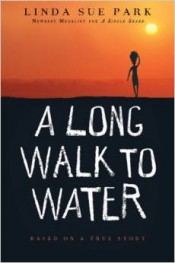
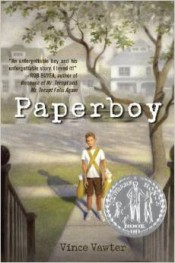
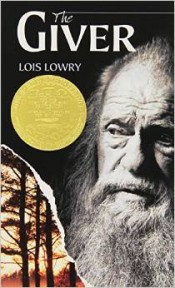
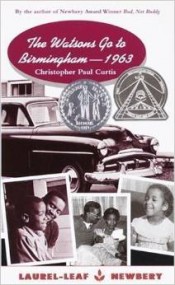
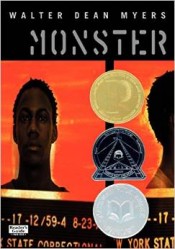
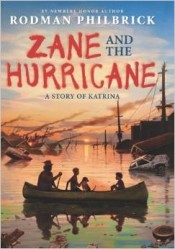
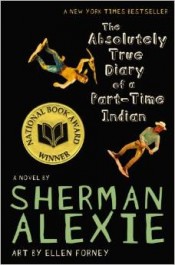
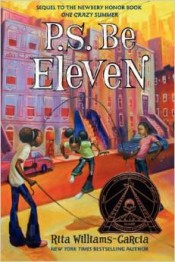
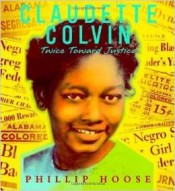
These are just some of the titles, the ones I remember off the top of my head, but they cover topics such as racism, war, and natural disasters. Death, murder, tragedy. They also tell tales of survival. And ultimately I think that’s the best kind of story.
Finally, I want to point out that unlike Shannon Hayes, I don’t think of books that feature people of color or gay characters as being “political” books or books that cover “difficult issues.” I just think of that as diversity. And can’t imagine why anyone would debate its merit or necessity.
